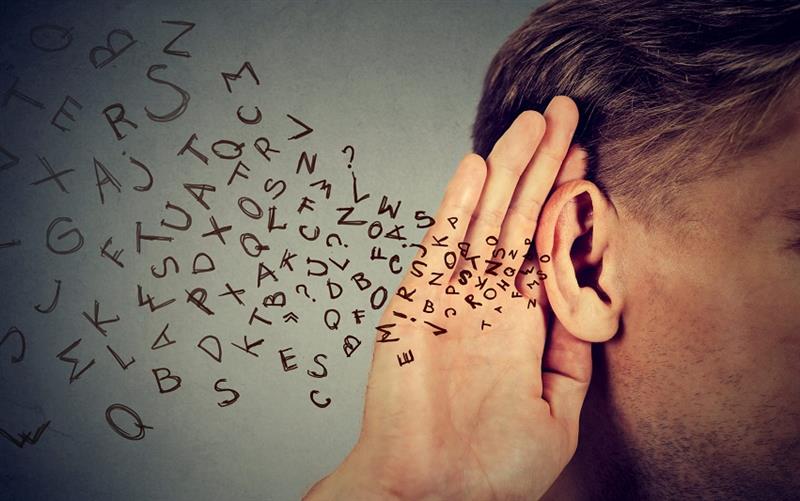
People who have trouble hearing may encounter distorted and inadequate communication, which has a significant negative influence on their professional and personal lives and puts them at risk for withdrawal and isolation.
A prevalent issue is hearing loss, which can be brought on by loud noise, ageing, illness, and genetic variations. Hearing loss affects about one-third of older persons, and as people get older, their likelihood of having it rises. Conversations with friends and family members can be challenging for those who suffer hearing loss. They might also struggle to hear doorbells and alarms, comprehend medical advice, and react to warnings.
Some people might be reluctant to confess they have hearing issues. Ignored or untreated hearing issues can deteriorate. Consult your doctor if you experience hearing issues. Some of the therapies that can be helpful include hearing aids, specialised instruction, certain drugs, and surgery.
A variety of complications may result from hearing loss. While each person's hearing loss has different effects, most hearing impaired people have some social, psychological, and physical issues as a result of their hearing loss.
Loss of hearing consequences
Particularly untreated hearing loss can be problematic. The psychological effects of hearing loss can range from low self-esteem and sadness to humiliation and difficulty concentrating. Consequences on the body can range from tension headaches and strained muscles to stress and elevated blood pressure. A hearing impairment that is left untreated can also have social repercussions, such as communication issues and isolation.
Untreated hearing loss has been related in studies to:
- Retreat or avoidance of social settings
- Lowered and elevated personal safety risk
- Memory loss and difficulty picking up new skills
- Anger, negativity, and irritability Fatigue, tension, and depression
- Loneliness and rejection from others
- Reduced earning potential and performance at work
- Decreased mental and physical health
Understanding hearing loss and its relationship to other critical health conditions like dementia, diabetes, heart disease, depression, and fall rates in older persons has been the subject of numerous significant research. Comorbidities, which refer to the presence of two or more chronic diseases or disorders affecting a person, are frequently used to explain the occurrence of hearing loss along with one of these health issues. Due to the increased risk of additional physical and cognitive problems for those who live with untreated hearing loss, researchers have become more interested in comorbidities, which include hearing loss.
1. Your mental acuity could deteriorate
Your mental acuity may wane if you have trouble hearing what's going on around you. This is because the brain receives less stimulus, which could affect how well it can absorb sound and distinguish speech.
How well can you hear?
To find out how well you hear, take our online hearing test.
2. Your chance of developing dementia could go up.
Your risk of dementia increasing by twofold if you have even modest hearing loss. The risk of cognitive deterioration increases with the severity of the condition.
For instance, a modest hearing loss triples your risk. You have a five times greater chance of developing dementia if you have a severe case of hearing loss.
3. Memory loss could affect your hearing.
Do you have trouble recalling what you just heard? When hearing is difficult to begin with, it can be challenging to understand and recall what is being said.
This is because listening requires more cognitive resources than are available for remembering and comprehension.
4. You can feel excluded from the conversation.
It gets harder to follow regular conversations when your hearing gets poorer. In order to understand discussions, you might need to regularly ask people to repeat themselves or sit closer to them so you can read their lips or observe their facial expressions.
Even better, pretend to grasp what is being stated by nodding. If you don't get the punchline, the joke isn't as hilarious.
5. Your social life could suffer
When you have hearing issues, it could be more challenging to stay in touch with your pals. In other situations, such as at dinner parties or bigger groups, it could be especially obvious.
As a result, you could find yourself declining invitations or retreating from some social gatherings. According to study, seniors with untreated hearing loss are 20–24% less likely to engage in social activities.
6. You might feel more worn out.
It might be exhausting to communicate when it's hard to hear. This is because understanding requires you to employ more of your cognitive resources.
This can be especially difficult in social settings, restaurants, or large groups where you might have to focus even harder to understand what people are saying to you.
It's ideal to keep yourself as educated with your hearing aids and a new breakthrough in the technology. Ask your query via Book an Appointment today. For more information visit https://hearing.careinc.ca or you can call us today at (403)605-6300